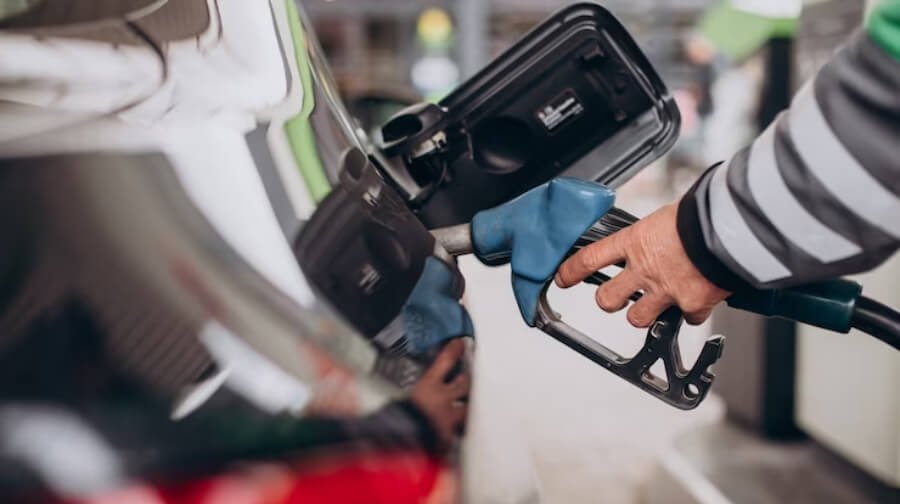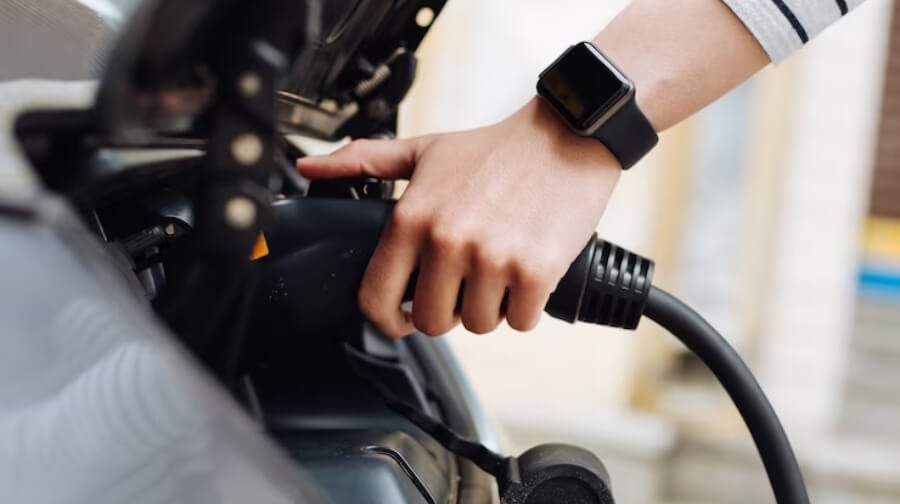
What is fuel injection system?
A fuel injection system is an automotive system that delivers fuel to an internal combustion engine. It is a more advanced alternative to the traditional carburetor system, which mixed fuel and air before delivering it to the engine.
A fuel injection system typically includes a fuel pump, fuel injector(s), a fuel pressure regulator, and an electronic control module (ECM). The fuel pump is responsible for drawing fuel from the gas tank and delivering it to the fuel injector(s). The fuel injector(s) then spray a fine mist of fuel directly into the engine's combustion chamber, where it is mixed with air and ignited.

Types of Fuel Injection Systems

-
Sequential fuel injection (SFI): This type of fuel injection system uses individual injectors for each cylinder of the engine. The injectors are timed to deliver fuel at precise intervals, resulting in more efficient combustion and better fuel economy.
-
Direct fuel injection (DFI): In a direct fuel injection system, the fuel is injected directly into the combustion chamber, rather than into the intake manifold. This results in improved performance, fuel efficiency, and reduced emissions.
-
Port fuel injection (PFI): In a port fuel injection system, the fuel is injected into the intake manifold, where it mixes with air before entering the engine's combustion chamber. PFI systems are less efficient than DFI or SFI systems, but they are still widely used in many vehicles.
Advantages of Fuel Injection Systems
Fuel injection system is an advanced automotive system that delivers fuel more precisely and efficiently than a traditional carburetor system. It offers several advantages. Some of them are:
-
Improved fuel economy: Fuel injection systems deliver fuel more precisely, resulting in better fuel economy and reduced emissions
-
Better performance: Fuel injection systems can deliver fuel more quickly and efficiently, resulting in improved acceleration and overall engine performance.
-
Reduced maintenance: Fuel injection systems require less maintenance than carburetor systems, as they do not require periodic adjustments and tuning.
-
Cold weather starting: Fuel injection systems are better equipped to handle cold weather starting, as they can adjust the fuel mixture to accommodate lower temperatures.

